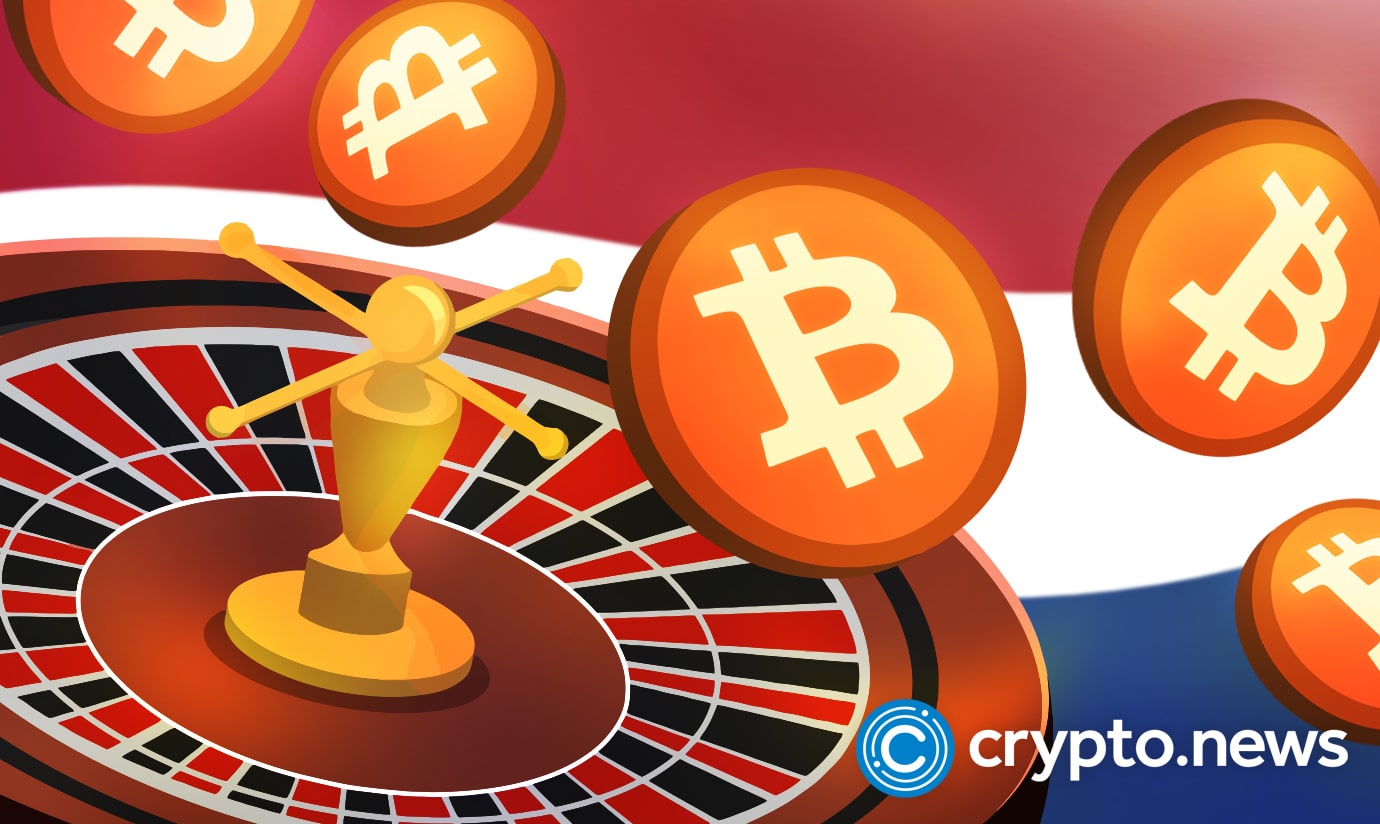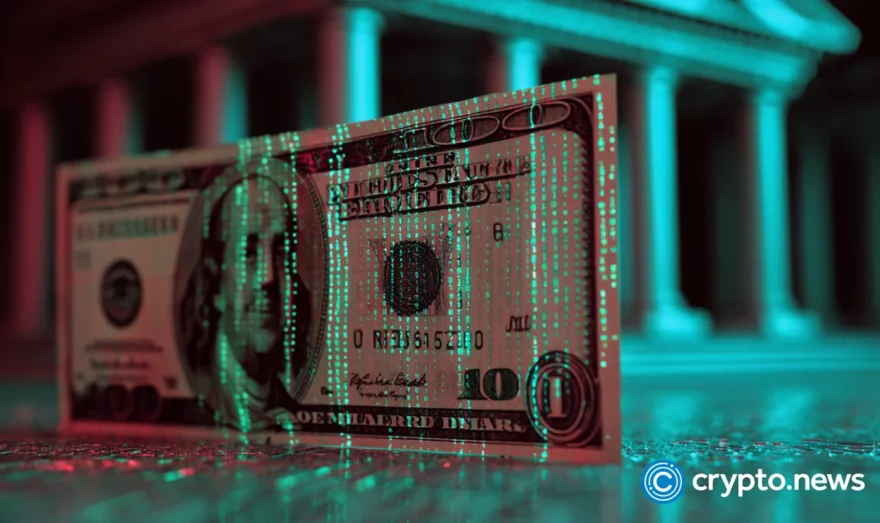Bitcoin will find its real price if major crypto exchanges fail, investor says

Former Brighterscope CEO Mike Alfred believes that paper Bitcoin (BTC) trading is what’s keeping the cryptocurrency’s current dollar price in place.
“Counterfeit bitcoin“
In a Dec. 12 tweet, the self-described “value investor” claimed that people were trading Bitcoin that didn’t exist on the chain and that the activity was artificially propping up BTC prices in the interim.
In the tweet, Alfred also contended that Bitcoin would only find its actual market price in the event of the failure of crypto exchanges such as Nexo, KuCoin, and Crypto.com, which serve as fractional reserve platforms for BTC.
Asked by a Twitter user to elaborate on his assertion, Alfred described paper Bitcoin as essentially the same as “counterfeit Bitcoin.” He further alleged that the Bitcoin being bought and sold on crypto exchanges didn’t correspond to any unspent transaction output (UTXO) on the Bitcoin blockchain.
What’s a UTXO?
A UTXO is the unused portion of a crypto transaction. Existing inputs are removed, and new outputs are generated every time a Bitcoin transaction occurs. Any outputs that aren’t instantly spent become UTXOs in the transaction, which is tied to the sender.
Due to the infrequent use of a single unified data byte for purchases, almost all Bitcoin transactions use unspent transaction outputs. A UTXO is created if a whole data byte doesn’t change hands. The ownership of this UTXO may then change, or it may be divided into additional UTXOs.
Bitcoin nodes keep track of all of these outputs by creating a transaction log in the form of encoded ScriptPubKeys. With the help of this mechanism, the network can verify the presence of all associated coins without jeopardizing user privacy.
According to Alfred, there are no records of any transactions being made in crypto exchanges on the Bitcoin network, meaning the exchanges may be insolvent and people could be trading nonexistent Bitcoins.
Proof of reserves reports may be misleading
Alfred’s allegation comes in the wake of a rush by crypto exchanges to release so-called proof-of-reserves (PoR), ostensibly showing that assets they held in custody for users were still intact and covered 1-to-1.
However, several critics have questioned the methodology and integrity of some of these reports. For instance, in a Dec. 11 tweet, Kraken co-founder Jesse Powell described the PoRs, particularly Binance’s recently released Bitcoin report, as “big red flags.”
Powell pointed out that the Binance report made more effort to prove collateral than actual reserves, a “trick” he said had previously been employed by the failed crypto exchange, FTX.
The report, released on Wednesday, was prepared by the global accounting firm Mazars, but critics claim it didn’t address the effectiveness of Binance’s internal financial-reporting controls. Additionally, it’s been claimed that Mazars “didn’t express an opinion or an assurance conclusion,” in the report, implying that it wasn’t endorsing the figures.

















